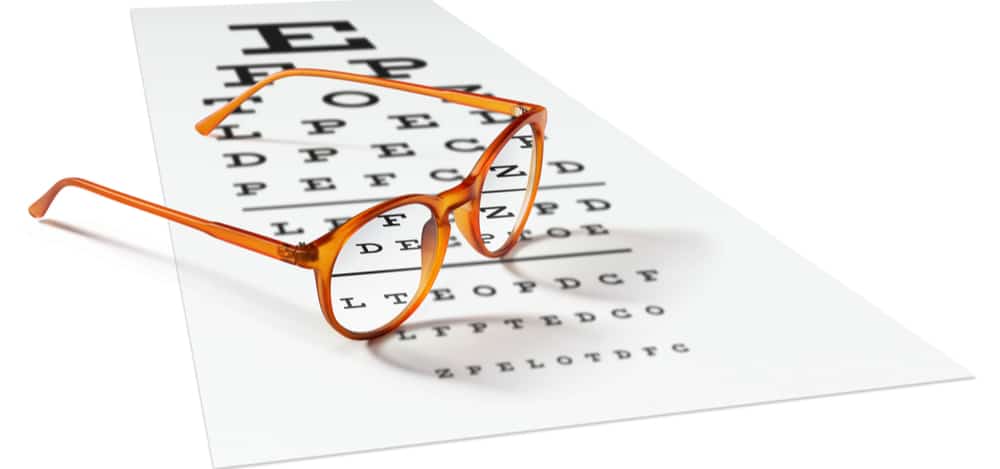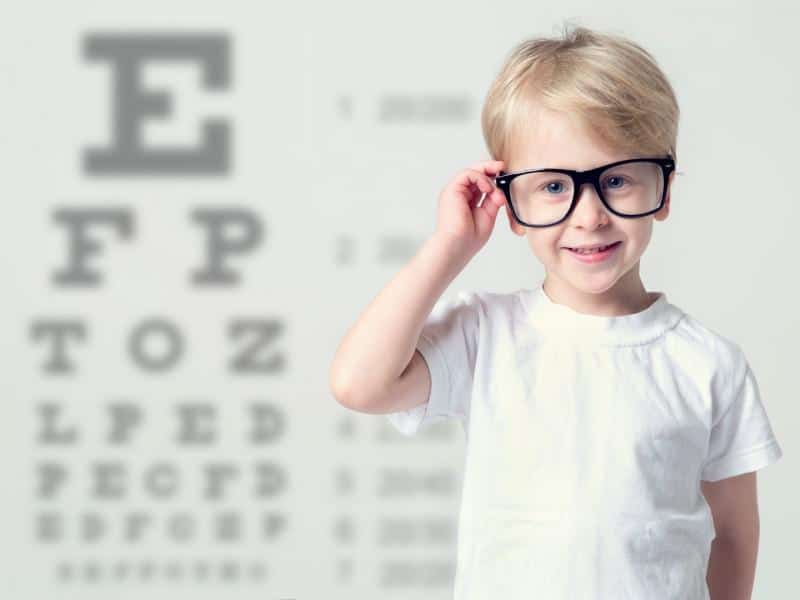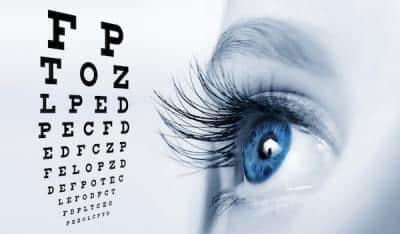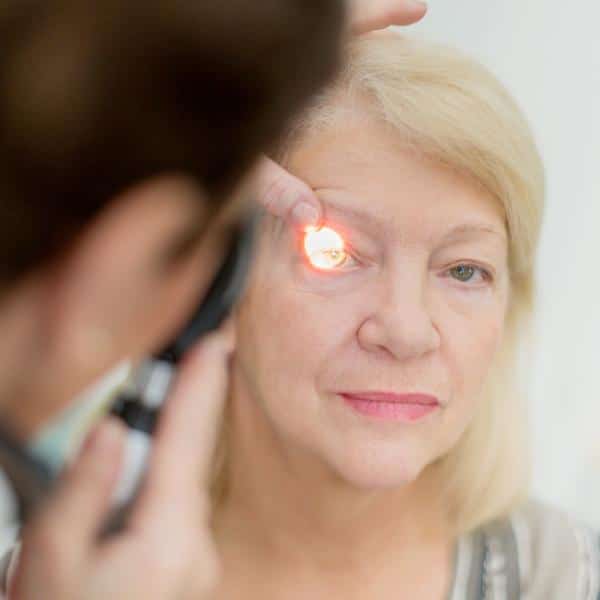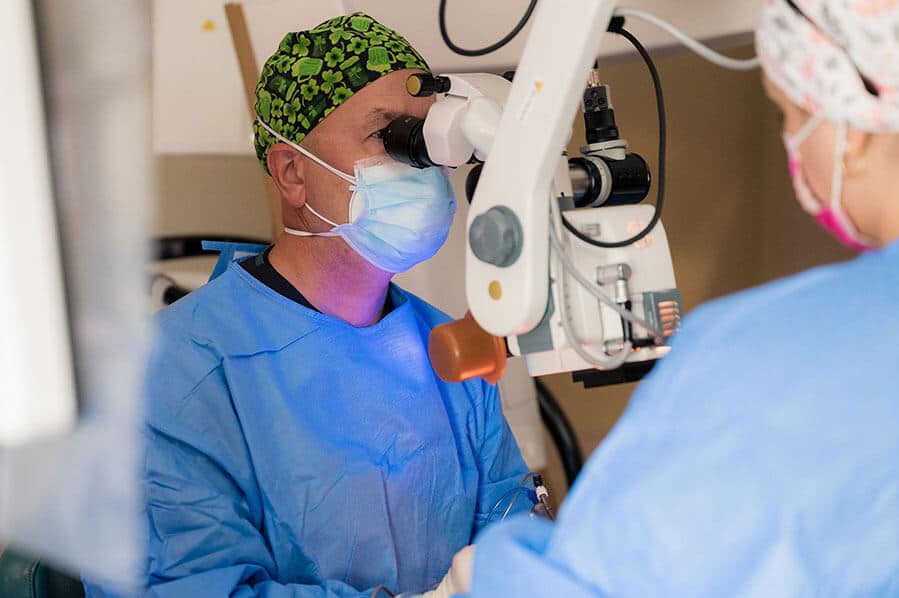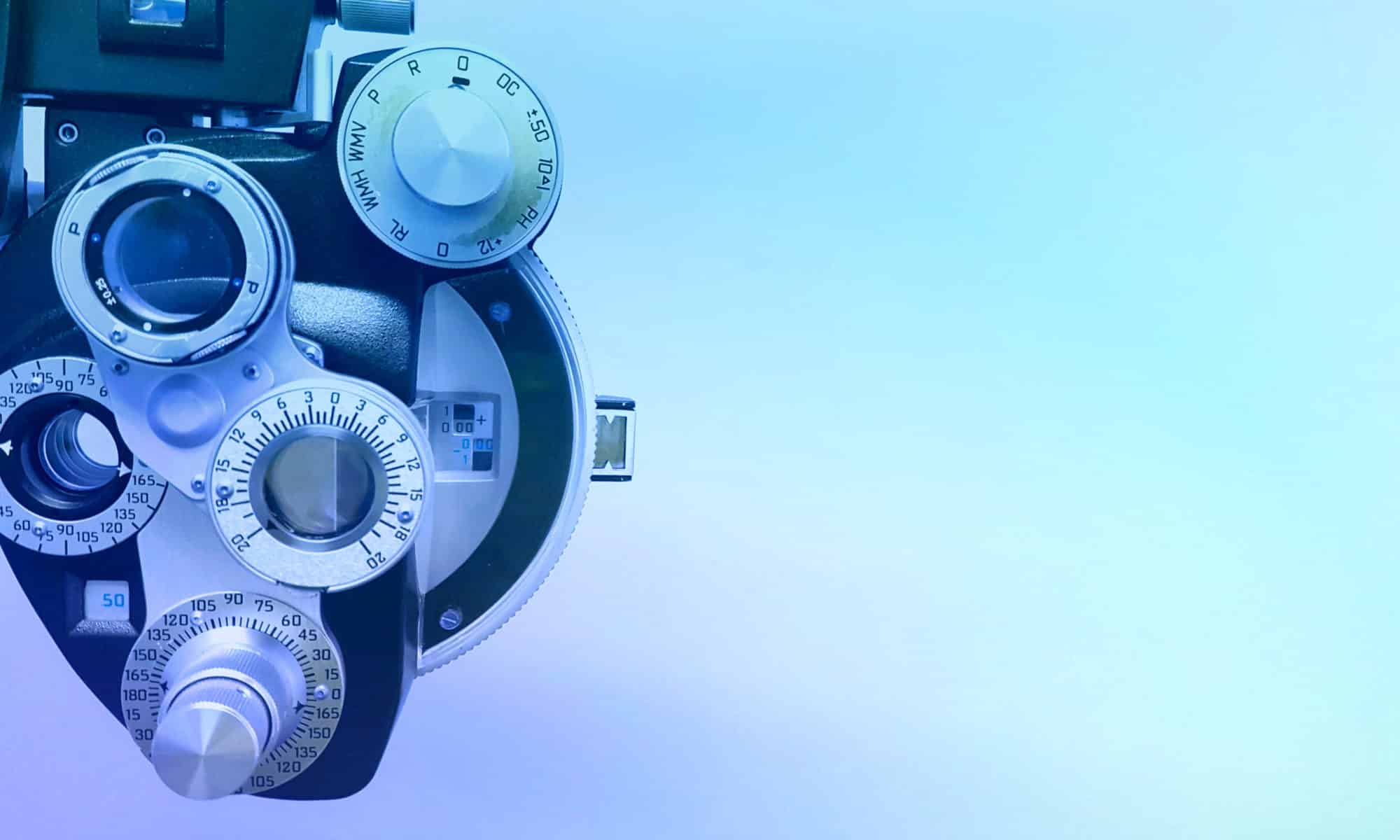Have you had your eyes checked recently?
It can be difficult to gauge when you need a fresh eye check-up. Our eyes change as we get older and our prescription glasses need adjustment. We might not notice these differences until they bring us severe discomfort, making it difficult to complete everyday tasks or do things we enjoy. If left unattended, an outdated prescription can cause great damage so it is important to schedule routine eye exams.
Campus Eye Group wants to help you see life clearly. As our patient, you will be treated with compassion, and we will help you get the glasses that you need in order to start living again.
Here are five signs that you need an eye exam.
1- Headaches
Everyone gets an occasional headache when stressed or overworked. Headaches can also be a sign that you need an eye checkup. If your headache is constant and nothing brings you relief, you don’t have to live in discomfort. Pay attention when you’re using the computer or reading a book. If these things seem to trigger your headache, you might need an exam to determine whether your eye health is contributing to these headaches.
2- Blurry Vision
Blurred vision is a symptom that comes gradually but can lead to permanent vision loss if it is the sign of a more serious health concern. You might not notice it until you try to read something and find it clouded by fog. Blurry vision triggers headaches if you ignore it and continue to read, drive, or work. A new prescription for your glasses will help you enjoy your favorite novel again, and you won’t have to worry about street signs when you’re driving.
3- Light Sensitivity
Does the light of your desk lamp appear to trigger your headache? When your eyes become sensitive to the light, you need to see a specialist. Light sensitivity could be a symptom of the early stages of glaucoma, cataracts, or other eye diseases. A vision screening with our eye doctors can look for symptoms of these diseases to ensure your overall health.
4- Floaters or Bright Flashes
Floaters are clear spots that creep into your vision. In general, they are nothing to cause great concern but they can be irritating. We all have floaters and develop more as we age. If you notice a cluster of floaters appearing all of a sudden, or if you experience flashes of light from the corners of your eyes, you should have your retinas checked. They might be symptoms of an eye condition that could lead to blindness.
5- Difficulty Driving at Night
With weakened eyes, it’s difficult to drive during the day; at night, the obstacles become worse, because street signs are veiled in darkness. If you struggle with blurry vision, light sensitivity, or depth perception, you should not try to drive at night since it could be dangerous for you and others.
What to Expect at Your Comprehensive Eye Exam
Annual eye exams with your eye doctor keep your vision clear and allow for early detection of possible eye conditions. At your eye exam, eye muscle movements, visual acuity, and blood vessels in your eyes can all be checked to look for symptoms of possible eye diseases. You can also update your prescription for glasses or contact lenses if needed. It’s not uncommon for a prescription to change yearly, especially for younger patients whose eyes are still developing.
Schedule an Appointment
If you are experiencing symptoms of vision loss, the team of expert physicians at Campus Eye Group is here to help. If you’re in Mercer County, NJ, or Bucks County, PA call us today to schedule an appointment and let us bring you relief with an eye exam in Hamilton, NJ.
